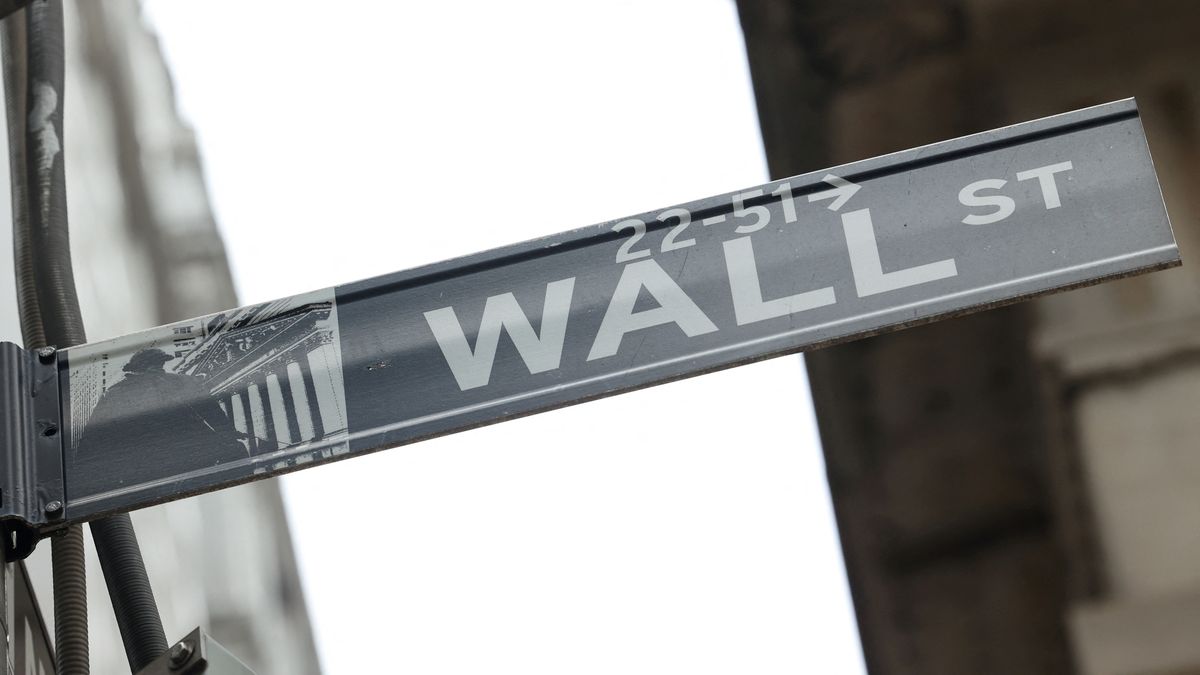Journalist: Wall Street is not afraid of politics. It didn’t care about the presidential debate. The rally continues as if nothing had happened. And records fall like ripe fruit. The S&P 500 left the 5,500 point mark for the first time. The Nasdaq, the 18,000 point mark.
Q: In the past, the Stock Market paid a Republican premium, a plus if the race was led by that party’s candidate.
Q: You’ve already gotten used to the idea.
GG: He learned to take his speech with a pinch of salt. He can say anything, but he won’t do everything he promises.
Q: During your tenure you were very careful about what could harm stocks.
GG: That’s how it was. The rise of the stock market was his favorite thermometer to measure, and celebrate, the quality of his presidency. So he did not commit any blunders that could harm it.
Q: And do you think you will repeat the recipe?
GG: Why not? What would I gain by abandoning her?
Q: Is that the reason why the stock market and the election campaign do not collide?
GG: Neither. In principle, election years are very good for the stock market. So they don’t usually cause any sting. With Trump it could have been different. And it was the first time. But he is already an old “acquaintance.” Trump is clear that the bull market is his best calling card. Valid with his own and with others. Finally, Wall Street prospered under Barack Obama, with Trump (who was his opposite) until the pandemic, and also with Biden today, despite his disappointing performance in the debate.
Q: As if they were all the same.
GG: They are not the same. Each has his own book, his own slight policy shifts, and the composition of the portfolios must be adapted, but nothing that cannot be navigated conveniently.
Q: Bonds, on the other hand, choked.
GG: The consumer deflator report was impeccable. Inflation was zero in May, no matter how you measure it.
Q: However, long-term rates have risen.
GG: And they climbed sharply. A quarter of a point for those of ten years old.
Q: The debate is being blamed. The French elections are being blamed. Ultimately, it’s politics. In a year when there are elections in 70 countries.
GG: After Biden’s debate debacle, the French elections have taken on a new significance. Suddenly, they are important.
P.: When it rains, it pours.
GG: Something like that. But after the results in Paris, fears dissipated. The spread between French and German bonds narrowed from 84 to 70 basis points. Bund rates – the safe haven of quality in Europe – rose in parallel.
Q: A textbook relief.
GG: That’s right. The whole drama was very confined, it was a very European dilemma. Although it could serve as an excuse when Biden’s performance turned out to be catastrophic.
Q: Europe has calmed down. But the rise in long-term rates in the US has not let up.
GG: It’s nothing dramatic, but it’s still there.
Q: Is this a Trump effect?
GG: Kicking out Powell and pressuring the Fed to cut rates, increasing import tariffs at random and extending tax cuts, when the fiscal deficit is so high and the economy does not need stimulus… This is not an agenda conducive to fixed income. And it bears his personal stamp.
Q: It seems like a recipe for creating more inflation. But, given what you have already said, how much of it can be carried out?
GG: Very little. Trump will push it during his campaign. And he won’t care about the consequences because he won’t be paying the bill, but the administration in office. But then he will stop serving him. We already saw this during his administration. If Wall Street gives him the thumbs down, if he collapses, the score will change.
Q: Powell, at the central bankers’ meeting in Sintra, noted that the economy was back on a disinflationary path. Will he want to cut rates if what awaits him last year is a pro-inflation agenda (and his likely dismissal)?
GG: That is the question that long-term bonds ask themselves when inflation is doing very well but they still raise their rates. The FED tamed the pony of inflation that it itself fed to escape Covid. But now its resurrection is brewing thanks to the political agenda.
Q: If the drop is not imperative, wouldn’t it be better to wait?
GG: I am sure of that. In that sense, more than inflation, what could push the Fed is a slowdown in the labor market, a real cooling. The markets are discounting that the rate cut will begin in September. If it were not for the future of fiscal policy, it would be enough to repeat the inflation of May for a couple more months.
Source: Ambito
I am a 24-year-old writer and journalist who has been working in the news industry for the past two years. I write primarily about market news, so if you’re looking for insights into what’s going on in the stock market or economic indicators, you’ve come to the right place. I also dabble in writing articles on lifestyle trends and pop culture news.




